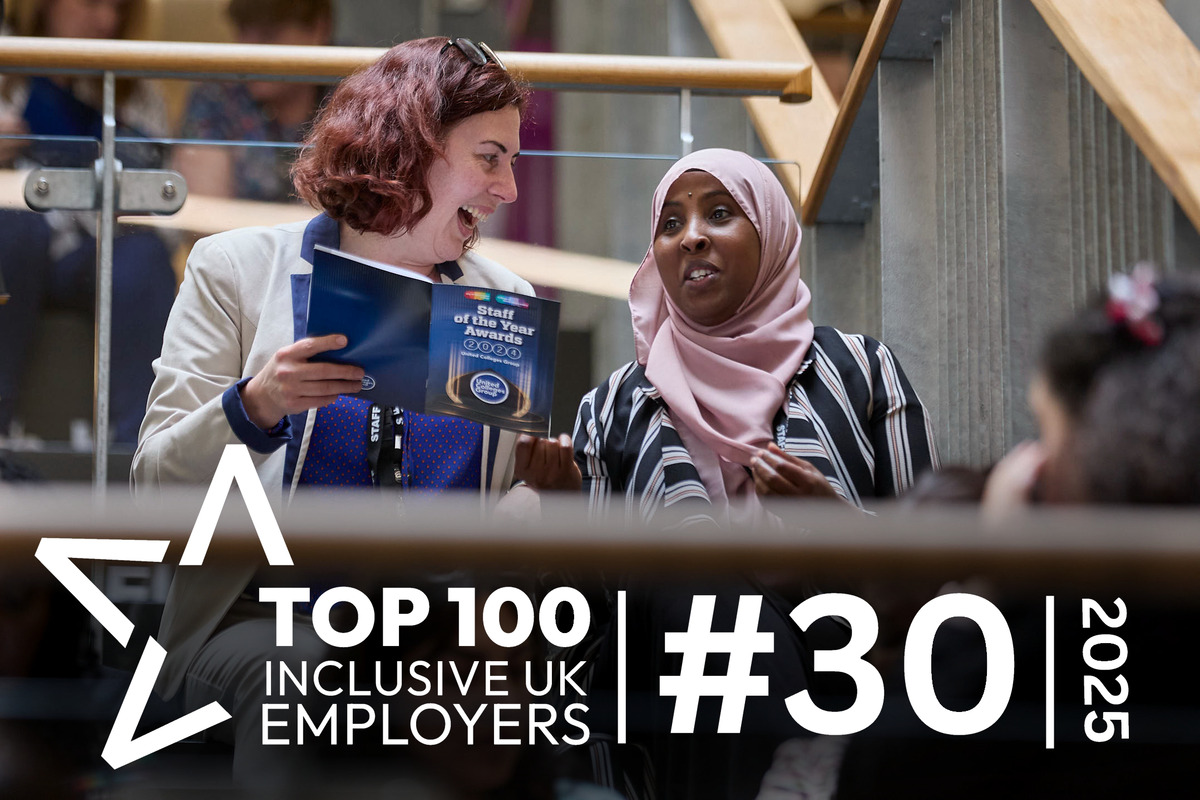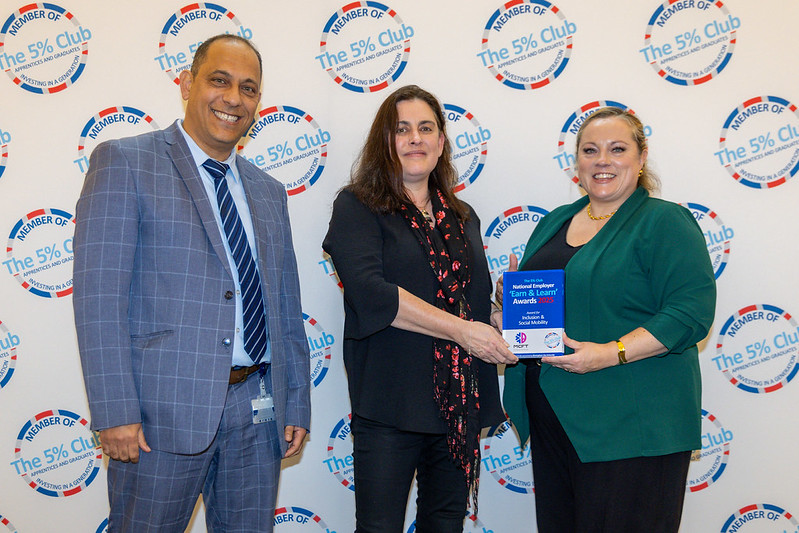How HR Compliance Tackles Mental Health and Stress in the Workplace

We all know that our mental health plays a fundamental role in shaping our overall well-being and happiness. Now imagine the impact of mental health on the workplace, where employees spend a significant portion of their lives.
The state of employees’ mental health has a profound effect on their productivity, engagement, and job satisfaction. It’s not just about the absence of mental illness; it’s about promoting emotional well-being and creating a supportive environment that nurtures each individual’s mental health journey.
And let’s not forget about stress—that all-too-familiar companion in our professional lives. Stress can be both motivating and debilitating, depending on how it’s managed. While a certain level of stress can fuel productivity, excessive or unaddressed stress can lead to burnout, anxiety, and even physical health issues. It’s clear that addressing stress is just as crucial as supporting mental health in the workplace.
This is where HR compliance steps in as the unsung hero of the workplace well-being revolution. By adhering to employment laws and regulations, HR compliance ensures that organisations create an environment that prioritises mental health support and stress management. It’s not just about checking boxes; it’s about building a culture that thrives on empathy, understanding, and proactive support.
Throughout this blog, we’ll discover the various strategies and initiatives that HR compliance champions to promote mental health and tackle stress. From creating stigma-free spaces for open discussions to implementing Employee Assistance Programmes (EAPs) and offering training for managers, HR compliance covers all bases to create a healthier, happier, and more productive work environment.
Understanding Mental Health and Stress
Before we get into the nitty-gritty of HR compliance, let’s grasp the significance of mental health in the workplace. Mental health is not just the absence of mental illness; it’s about emotional well-being and overall happiness. The workplace plays a vital role in shaping an individual’s mental health.
Stress is a familiar foe we’ve all encountered at some point in our careers. It affects productivity, job satisfaction, and even physical health. High-pressure work environments can lead to burnout, anxiety, and depression, so it’s crucial to address stressors proactively.
Try investing in educational trainings like mental health awareness training to get a better grasp of your mental health and that of those around you. Learning from educational training would allow you to learn about the causes of mental health disorders in yourself and your loved ones, allowing you to act against them and be free from any mental illness.
Legal Framework and HR Compliance
Now that we understand the importance of mental health, let’s see how HR compliance fits into the picture. Numerous employment laws emphasise the need for a supportive work environment. Employers have a legal responsibility to protect their employees’ mental well-being.
HR compliance ensures that companies adhere to these regulations, promoting a safe and respectful workplace. Neglecting mental health can lead to severe consequences, including legal repercussions and reputational damage.
As an employer in a workplace, there’s no doubt that you are bound to abide by health and safety regulations. Although there are no direct regulations related to mental health in the workplace, you may still want your employees to be safe from any mental disorder as it disrupts the office environment, ultimately leading to non-compliance with the health and safety regulations. Understandably, there are many measures through which you can manage your compliance with the law, but one effective solution can be to train your staff on mental health. Provide them with mental health first aid training to teach them how to identify the causes of mental health problems in their occupation and in their colleagues. Not only that, such trainings also teach how you can help your colleague overcome mental health illnesses. Investing in training can be a right and efficient solution to your regulatory problems.
Creating a Supportive Work Culture:
Imagine walking into an office where mental health is treated as seriously as physical health. HR compliance is the driving force behind establishing a stigma-free environment for mental health discussions. Through awareness campaigns and workshops, HR professionals empower employees to speak openly about their mental health challenges.
Managers also play a critical role in supporting their team members. HR compliance trains them to recognise signs of distress and offer empathetic support. Together, they create a culture of care and understanding, fostering a sense of belonging and trust.
Managing Workplace Stress
Stress is an inevitable part of any job, but it doesn’t have to take over our lives. HR compliance helps identify common stressors and develop strategies to prevent and manage them. From flexible work hours to time management workshops, there are numerous ways to tackle workplace stress head-on.
Encouraging a healthy work-life balance is another essential aspect of HR compliance. By promoting regular breaks and vacation time, employees can recharge and return to work with renewed energy.
Managing your work-life balance in such a way that it doesn’t build stress within you can be tough at times. However, by undergoing stress management training, you can build resilience in yourself, which would allow you to become resilient to all your work-life tensions that could possibly build stress inside of you.
Accommodations and Support
No two employees are the same, and HR compliance recognises this fact. Accommodations for individuals facing mental health challenges can make a world of difference. Whether it’s a modified workload or adjustments to the work environment, HR compliance ensures that every employee receives the support they need.
Employee Assistance Programs (EAPs) are a valuable resource offered by compliant HR departments. These programmes provide confidential counselling services and support for employees facing difficult situations.
Communication and Education
Effective communication is the backbone of any successful HR compliance programme. HR professionals must communicate policies, resources, and initiatives clearly to employees. Regular updates and reminders about mental health support programmes can help employees stay informed and encouraged to seek help when needed.
Education is another critical component of HR compliance. By conducting workshops and training sessions, employees gain a deeper understanding of mental health and stress management. Knowledge is power, and when employees are well informed, they can take proactive steps to care for their mental well-being.
Tracking and Measuring Success
HR compliance doesn’t stop at implementation; it continuously monitors and evaluates the effectiveness of mental health initiatives. By establishing measurable metrics, companies can track progress and make data-driven decisions.
Employee feedback and satisfaction surveys are invaluable tools for assessing the impact of mental health support programmes. Based on this feedback, HR professionals can fine-tune their strategies to better meet employees’ needs.
Conclusion
And there you have it: a comprehensive guide on how HR compliance takes charge of mental health and stress in the workplace. Remember, promoting mental well-being isn’t just about ticking boxes; it’s about fostering a culture of care, empathy, and support.
As employees, let’s encourage our organisations to prioritise mental health and well-being through effective HR practises. And as HR professionals, let’s continue working together to create a healthier, happier, and more productive workplace for everyone. Together, we can make a positive change and make work a place where mental health is valued and nurtured. Cheers to a brighter, healthier future!











Responses